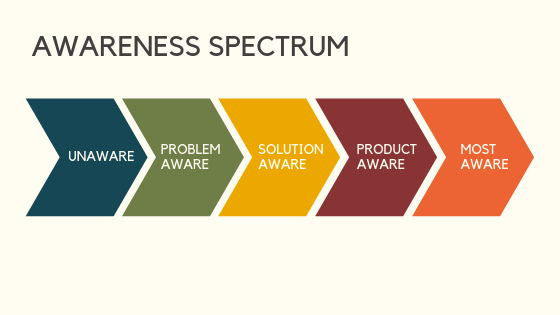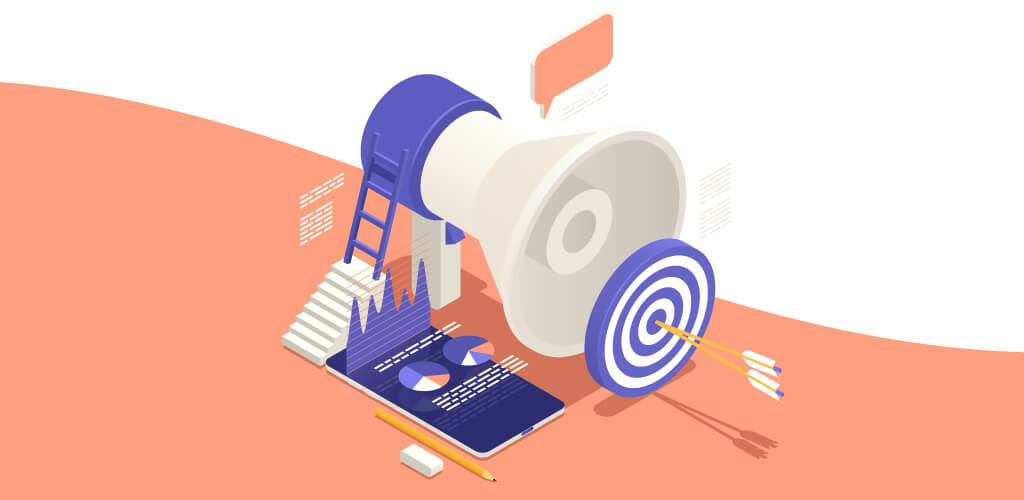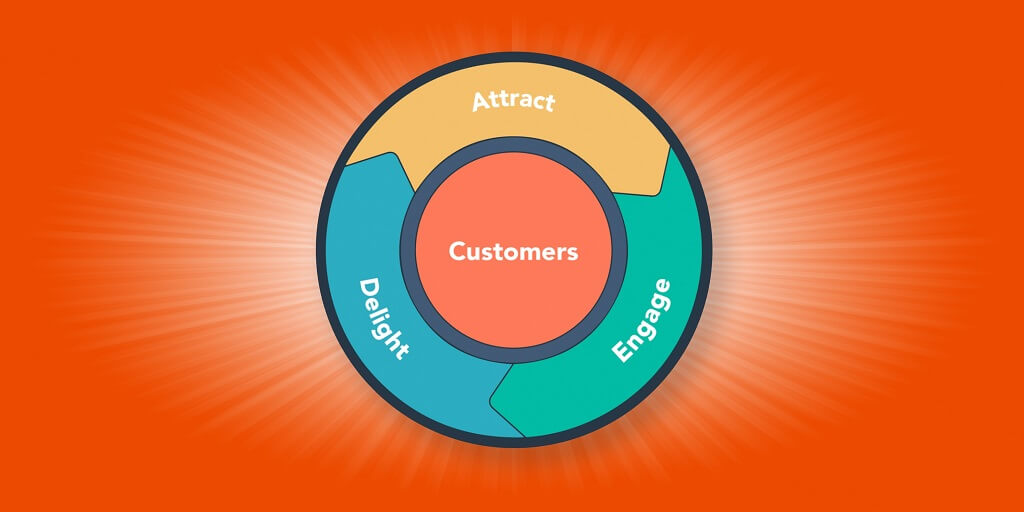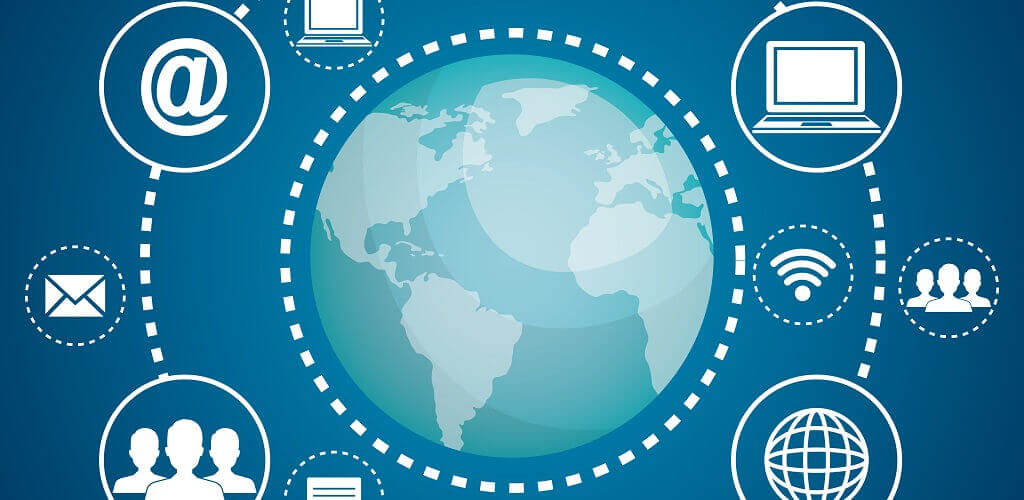If you have been following me for a while, you know my main passion is about marketing strategy. I always assume people know, but some of you may still be confused as to what that means!
Today I will describe it to you and focus a little bit on why you should have a marketing strategy in your business.

Marketing strategy to put it simply is the planning stages of your marketing. It’s where you figure out who your customers are, what are you doing to attract people that will want to buy your products, and how to delight people so they keep coming back.
When people talk about marketing strategy, they are talking about creating a marketing plan.
Marketing is incredibly complex and there are many aspects to it: search engine optimization, social media, paid advertising, etc. so every section could have its own strategy plan.
Note that I do not recommend small businesses and startups to have an incredibly complex marketing plan of multiple layers for each major marketing channel they focus on.
Small businesses should have something simple, actionable, and controllable. Usually you lack in manpower and marketing budget to truly be able to dig deep into each channel.
Ideally, you should have a marketing plan for your whole business to serve as your road map. Otherwise you are spending time and money blindly in marketing efforts you hope work.
Why is Marketing Strategy Important?
A common theme I hear businesses talk about is that their marketing messages are all over the place.
They are talking about something in one channel, and something completely different in the next.
Let’s say you are offering something new, a new service. You were able to update your services on your website… but what about social media? What about that radio ad you have been using for the last 2 months, is that updated?
Not having a proper plan in place makes things complicated, confusing, and disjointed. Not only for you but for your customers.
Statistics show that companies with a properly documented marketing strategy are 313% more likely to report success in their marketing efforts (2019, CoSchedule).
Why?
Because you are able to speak the same message, in the marketing channels that matter to the people that want to hear that message.
You can measure your results knowing what you are doing, and plan ahead of time instead of throwing something at the last second and hope it works.
It’s a different mind set. You stop rushing to get something out quickly at the last second. You can think about your next step, and the step after that.
Every move you make is predetermined, with purpose, to reach a goal. It’s no longer marketing for the sake of marketing.
your mentality shifts to long term success.
Short Term Vs. Long Term Thinking

Most businesses are short term thinkers when it comes to marketing.
They want $1 dollar spent on marketing to yield $2 dollars tomorrow. I need something that works right now to meet my yearly goal.
Marketing cannot be measured like that. The proper way to measure it is in the perception people have of your business. You do enough good marketing, people will buy from you. You do enough bad marketing, people will stop coming.
This affects your bottom line, but money is not the end all and be all of marketing.
The perception of your brand is what gets affected — which indirectly influences your bottom line.
Having a marketing strategy allows you to start thinking in a more long term way.
You have a profit goal you want to reach, but how will you make this happen? Why do radio when Facebook is clearly working? Let’s double down on Facebook instead.
What are you telling your prospects? How do you make them happy so they buy when they are ready?
You will be able to feel more comfortable in the fact that you are spending $1 dollar on Facebook, knowing it will likely get you more customers in the long run.
You stop hoping and start experimenting to optimize for the people you attract.
You also start to earn their attention instead of just interrupting them.
Structure of a Proper Marketing Strategy
A proper marketing plan always follows these similar patterns. As mentioned above, depending on the size of your business, you may have more moving parts (mini strategy plans) each with their own goals and objectives.
This is more of an overview of the structure, if you would like to know more about each and every step I cover here, sign up to my email list. I cover everything I do for businesses, my methods, my advice, proven results, and all for free.
I give all of this away because my goal is to have businesses like yours do proper marketing so they succeed and stay here 50 years from now.
Anyways back to the stages:
Stage 1 – Analysis
First, we want to figure out where you are at with your marketing. In here, you should be analyzing everything, from your current marketing efforts, what is your competition doing, who is your target market, etc. You want to do an analysis of your customers as well, who are they and why did they decide to buy from you?
This step is incredibly important, because it sets the tone of the whole plan. Without information and data, you might as well return to flying blind and have no plans in place.
Stage 2 – Awareness

This stage is all about the different stages of awareness.
- Unaware stage (doesn’t know you exist)
- Problem aware (knows they have a problem that needs to be fixed)
- Solutions aware (knows you could solve their problem)
- Product aware (knows what your product/services are but wonders if it’s the right choice)
- Fully aware (is ready to try your product to see if that solves their problem)
Each prospect you find will be in one of these awareness stages. It is your job to figure out how to get them to the next stage until they buy your product.
Your plan should allow you to know how to reach people in every stage so they get more and more interested in you.
Remember that this is a long term game. Forcing people through the stages makes you no different than a sleazy salesman.
Stage 3 – Delight
Make sure throughout the whole customer journey, that you are able to delight them. Bring them happiness and joy through what you do.
Wow them.
This stage is all about delighting your customers so they move onto the next stage refer you, review you, etc.
Stage 4 – Full Circle
This stage is about completing the loop of your customer. You got them aware of who you are, what you do, and why you do it.
You were able to delight them as a customer.
Now it’s time to keep them engaged in your brand so they keep coming back, and tell other people about you.
You see, modern marketing is based around loops. Funnels are a thing of the past.
Funnels only go one way, down and out.
Loops keeps everything moving in a circle, so customers become your marketers.
Stage 5 – Content
Plain an simple, this stage is where you build our your campaigns across your channels so you have an idea of what to market for the next while.
What you build here is alive and moving.
Don’t think that you will think of it once and it’s done. This is the stage you will be constantly monitoring and making changes in the next stage.
Stage 6 – Accountability
This stage is where I create a summary of the marketing plan for businesses.
See marketing plans can be incredibly long. If you are not particularly interested in all the nuance, you will take this and put it away in a drawer to collect dust.
I like to create bite-sized actionable summaries that can be reviewed every month of every 3 months with the whole team. This create that accountability of making sure you are following it.
At the same time, it allows you the space to monitor what is happening in the world and make changes as needed.
It allows your marketing to be more nimble and respond faster to unexpected situations (ahem… COVID-19).
As you can see, having a proper marketing strategy makes your marketing simpler, less confusing for you and your clients, and your brand can send the right message everywhere that matters.
Don’t forget to sign up to my email list if you would like to know more about each and every step I cover here!











